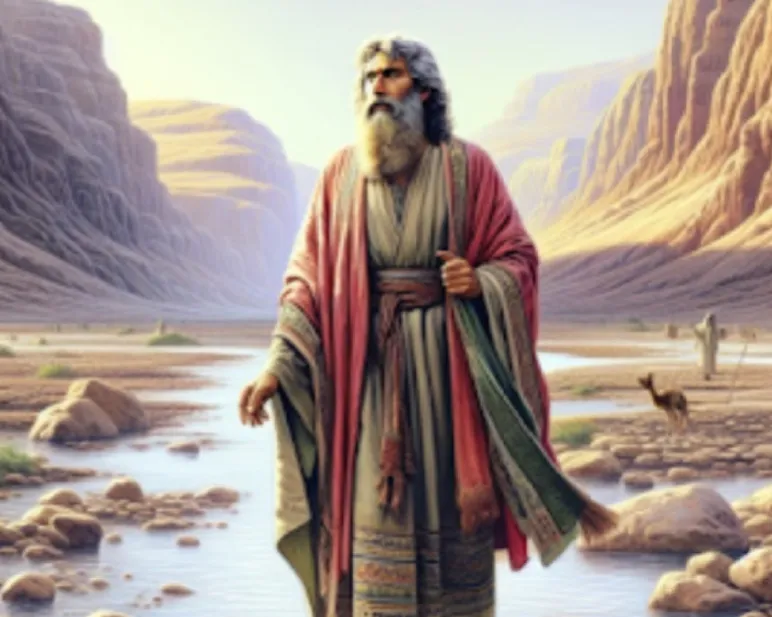Why Elijah’s Story Was Told Through Other Prophets, Not His Own Book

SHARE
The Bible tells the story of many prophets in intricate, deeply personal ways. Some, like Isaiah and Jeremiah, had entire books dedicated to their words and ministries. Others, like Elijah—one of the most powerful and fiery prophets in Scripture—had their stories told not through their own writings but through the narratives of others.
Elijah’s remarkable life unfolds in 1 Kings 17 through 2 Kings 2, offering a glimpse of a man whose zeal, miracles, and confrontation with evil kings shaped Israel’s spiritual history. But why didn’t Elijah have a book of his own?
Elijah’s ministry was one of action rather than authorship. From his dramatic appearance before King Ahab in 1 Kings 17:1 to his whirlwind departure in 2 Kings 2:11, Elijah’s life was marked by miraculous interventions and direct obedience to God‘s commands.
His mission wasn’t to write but to act. The nature of his calling—confronting idolatry, challenging false prophets, and calling Israel back to God—required him to move decisively and powerfully, not pause to document.
Moreover, Elijah’s legacy was intentionally meant to inspire others beyond his time. His story lives on not through his pen, but through the prophets who came after him. Elisha, his successor, witnessed Elijah’s ascension and inherited a double portion of his spirit (2 Kings 2:9).
This transition was more than mentorship; it was a divine continuation of purpose. Elijah’s life wasn’t closed with a final word—it was opened through Elisha’s ministry, a symbolic reminder that God’s work is ongoing and not confined to one voice.
Elijah also reappears in the New Testament, echoing the lasting impact of his story. During Jesus‘ transfiguration, Elijah appears with Moses, representing the prophets and the law (Matthew 17:3). This encounter shows that Elijah’s influence endured long after his earthly ministry. He was a prophet who stood as a symbol of repentance and divine confrontation, preparing the way for greater things to come.
In Malachi 4:5, God promises, “Behold, I will send you Elijah the prophet before the great and dreadful day of the Lord.” This verse doesn’t only reflect on Elijah’s past; it projects his spirit into the future. Many Christian scholars believe this prophecy found partial fulfillment in John the Baptist, who came “in the spirit and power of Elijah” (Luke 1:17), preparing the way for Christ.
Elijah’s story wasn’t told in a self-written book because his message was not about personal reflection—it was about God’s urgent call to repentance. His impact didn’t need a scroll bearing his name. His fire didn’t fade with death; it ascended, echoed in generations of believers, prophets, and preachers. Elijah remains not just a figure of the past, but a voice that still challenges the heart: “How long will you waver between two opinions?” (1 Kings 18:21).
His legacy lives—not in pages he wrote—but in the hearts he turned back to God.
*Cover Photo/Thumbnail Photo from Bibleart.com
RELATED ARTICLES

‘Gift of Fortune’ Chinese New Year Stay Package

Pastors Speak as Darkness Comes to Light

James Van Der Beek’s Last Words: Worthy of God’s Love

Our Pledge to You: Optimal comfort, Convenience, and Flexibility








